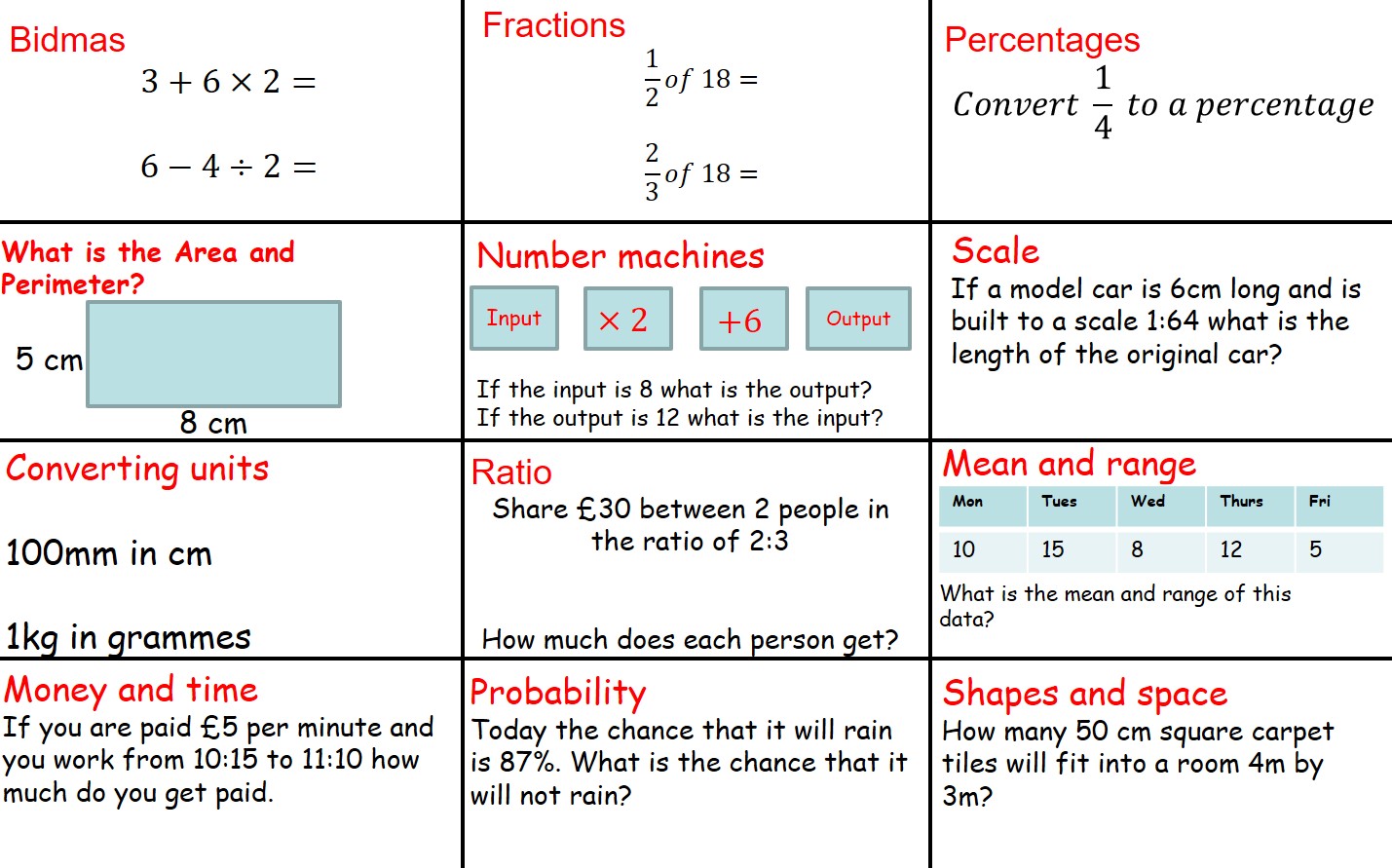How to solve a problem like GCSE maths?
“I just can’t do maths. I’ve never been able to do it.” We have all heard, felt or said these depressingly familiar words at some point. Whether in school, college or during adulthood, a fear of mathematics often translates into avoidance and can even grow into a hatred of the subject.
Five million adults in the UK lack basic literacy and numeracy skills and numeracy rates for British 16-18-year-olds are among the lowest in the developed world. This is an issue that clearly needs more focus and funding.
When it comes to GCSEs, secondary schools receive much of the attention, but what of those students who do not achieve a grade 4 in Y11? What of the great work taking place in Further Education colleges, where students must continually resit their GCSEs until they achieve at least a grade 4 or reach 19 years of age?
Even less attention is paid to the devastatingly low numbers of students who achieve GCSE maths in Further Education: the GCSE maths grade 4+ national average for 16-18 year olds sits at 17.4% for 2019.
To put it another way, more than 82% of 16-, 17- and 18-year-olds who sat a GCSE maths exam in Further Education did not achieve a grade 4 or above.
It begs the question ‘how is this happening?’ Well, the policy change that led to re-sits has brought with it a range of challenges for FE: students are often absent, disengaged when attending and apathetic towards content and staff. This is all before taking into account the anxiety and mental health issues caused by repeatedly sitting high-stakes exams.
More than 82% of 16-, 17- and 18-year-olds who sat a GCSE maths exam in Further Education did not achieve a grade 4 or above.
So, what can we do about it?
Thankfully, this is where organisations like SHINE step in. With a mission to improve basic literacy and numeracy levels across Britain, SHINE has invested more than £29 million in projects benefitting 20,000 schools and 1.3 million disadvantaged children.
I first encountered SHINE at Hartlepool College of Further Education when we sought funding for a literacy project. It proved enormously successful – we posted best-ever GCSE results and the top progress results in the North East). Suitably encouraged, we bid for further funding for a maths assessment project.
The aim of the new initiative was to develop and improve GCSE maths assessment and to inform planning and teaching (better assessment means better understanding of what students do, and don’t, understand). Challenges in assessment include the reliability of the data – when assessment informs everything in the classroom, consistency and reliability are key.
It was also important that teachers were able to teach in their own way and so we decided to only adapt what happened at the beginning and end of lessons. After much trial and error, this took two forms:
- Maths topic assessment grids comprising nine topics for students to independently complete at the beginning of lessons (peer assessed with students tracking scores);

- Differentiated extension tasks (Developing, Secure or Mastery) printed on adhesive labels and used in student books after lessons to signal their areas of development. These were produced before any teaching took place, which meant consistent, efficient, high-quality feedback and a reduction in practitioner workload.

We made the decision to use more frequent, low-stakes assessment after seeing first-hand the effects of student over-assessment in KS3/ KS4. Regular mock exams and lengthy assessments had turned many students off maths.
In only sharing grid scores with each student, we focused them on their own learning journey, rather than working competitively which can alienate those with lower scores.
The use of the extension tasks also meant there was a ‘thread’ which ran throughout the teaching and ensured that topics were not taught in isolation or topic ‘silos’ (i.e. taught once and not revisited until exams, remaining unembedded).
The results? As well as posting the best progress in the North East for 2018 (+0.22) and 2019 (+0.25), we also moved from 17% of 16-18 year old students achieving grade 4+ in 2017, to 32.5% in 2018 and 46% in 2019.
Preliminary results suggest this is the best grade 4+ % in the North East and one of the best for all English FE colleges. Obviously, there are many factors contributing to this, but assessment has been key.
Having since left Hartlepool and started a new role as Head of English and maths at Tyne Coast College (one of the first colleges to obtain a ‘Good’ grading under the new inspection framework), I am looking forward to further developing the project and continuing to support students to achieve in maths.
With the funding, guidance and support that SHINE continues to provide – not only for our project, but for projects in all sectors of education in the UK – I hope we can have a similar impact and help SHINE to achieve its goal of improving the skills of young people across the North.
